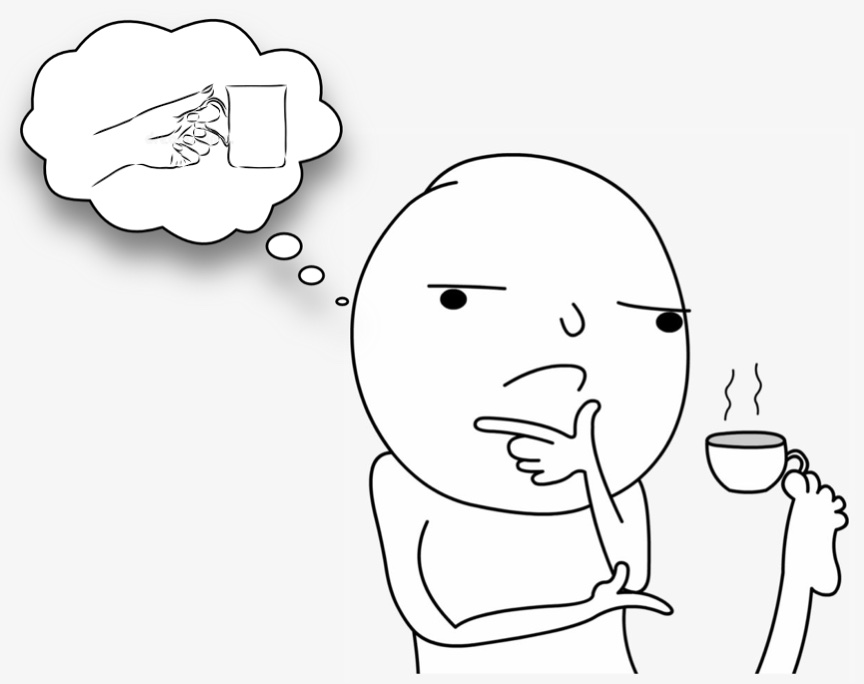
Abstract representation of skills
People can perform complex movements with different effectors to achieve the same goal. How can we achieve this?
simplicity and complexity
in the world and the mind
My name is Zekun (hear my name). I'm a postdoctoral researcher at Yale University, working in ACT Lab. I earned my PhD in Cognitive Psychology at Johns Hopkins University, where I was part of Percaption and Mind Lab.
The world frequently strikes us as being simple or complex. But why do our minds bother to represent complexity in the first place? My research seeks to understand how the mind computes the complexity of information and how the mental representation of complexity shapes our interactions with the world.
Here is my CV.

People can perform complex movements with different effectors to achieve the same goal. How can we achieve this?
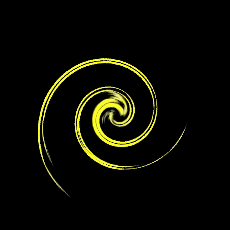
What do you see in this animation? What does it tell us about how we perceive a golf swing?
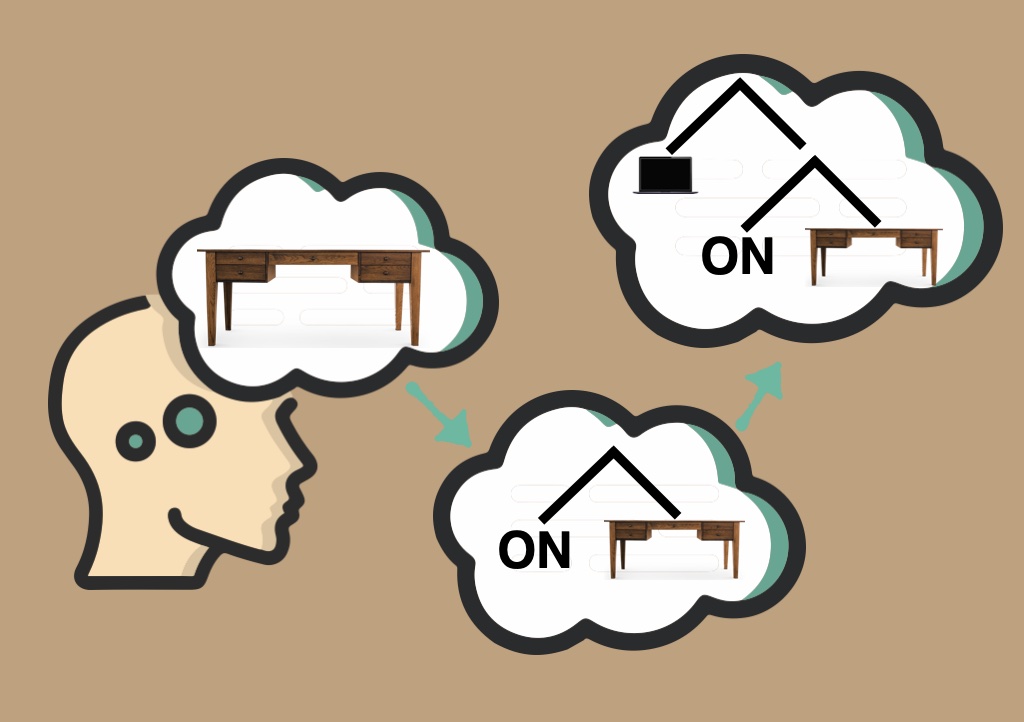
The world contains not only objects and features, but also relations holding between them. How do such relations form in the mind?

What is the relationship between complexity in the world and complexity in the mind? The mind engages in a kind of lossy compression for overly complex stimuli.
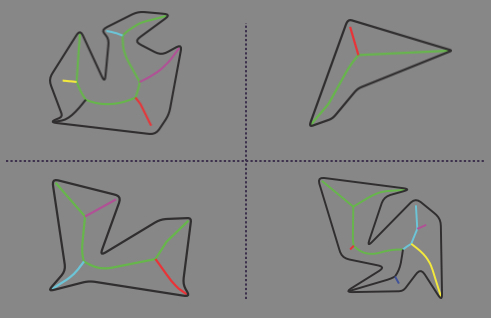
Some objects look ‘curious’. How does complexity, as a visual feature, automatically guides our attention and engagement.
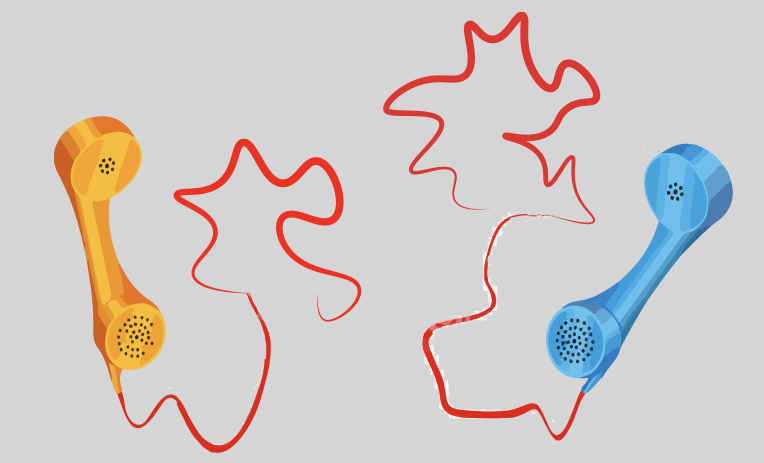
Memory rarely replicates exactly what we see; instead, it reconstructs past experiences with distortions and errors. Does memory enhance the complexity of what we see?